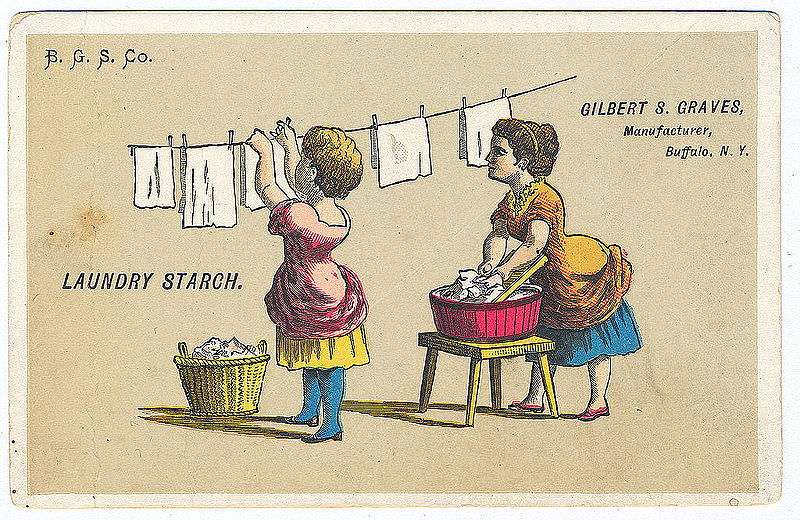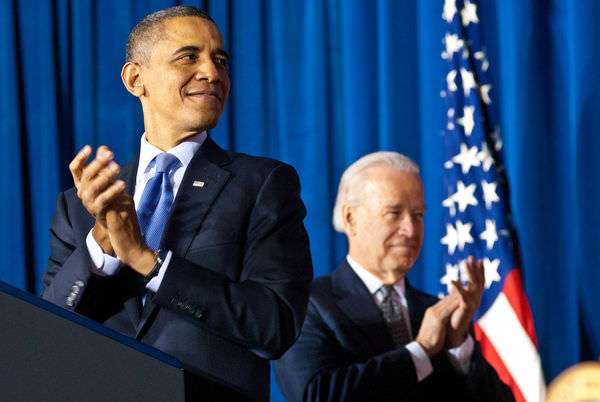Obama's State of the Union: A Speech About Everything, and Nothing

You can think of President Obama's State of the Union address as a movie trailer for the next four years. Trailers are supposed to sell a movie's core concept, but it was hard to find a unifying idea in last night's speech.
Instead, Obama gave a speech about, well, everything: It offered a comprehensive liberal-technocratic wishlist, packed with proposals and pseudo-policies, careful phrases and good intentions. You could describe it as the ultimate laundry list speech: laying out proposal after proposal, policy after policy. And it suffered for it, playing more like a series of spoken bullet points than a speech with an arc and an idea.
"The American people don't expect government to solve every problem," Obama said in the speech. But he seems to think they expect the government to solve a lot of them. His speech talked about, among others things: raising the minimum wage, expanding early childhood education, assisting homeowners with mortgage refinancing, finding policies to reduce carbon emissions, slowing the growth of Medicare through payment tweaks, increasing taxes on the wealthy, giving tax breaks to companies that hire American workers, improving the voting experience, investing in veteran's health care, ditching tax code loopholes, reforming the immigration system, going all in on clean energy to compete with China, expanding infrastructure building and hiring, increasing transparency in higher education, passing new restrictions on gun sales, reducing the energy used by homes, and creating new domestic manufacturing jobs.
That's quite the list. But what's remarkable is how little of it was truly new. In some form or another, we've heard all these ideas before.
What that suggests is that Obama doesn't have a big, governing idea anymore. He just has a long list of things he'd like to do, or at least talk about doing.

Some of the proposals, like raising the minimum wage to $9 an hour, were quite specific. But others weren't even really proposals at all. A "nonpartisan commission to improve the voting experience"? In Washington, a commission is what you create when you want to look like you're doing something — not what you do when you actually want something specific to happen.
Or take climate change. In order to prepare for its effects and head off potential consequences, Obama promised to "direct my cabinet to come up with executive actions we can take, now and in the future." As Yuval Levin says, that phrase is basically an admission of failure — an indication that the administration wanted to do something, but couldn't come up with anything to do.
The closest thing to a big idea in the speech was that government should be about helping the middle class.
Obama referenced the middle class a half dozen times in the speech, talking about reigniting "the true engine of America's economic growth: a rising, thriving middle class" and building "new ladders of opportunity into the middle class."
That's an idea, I suppose, but not much of one. What would be surprising is if the president didn't promise to help the middle class. Essentially, it says, "as president, I would like to focus on making life better for the vast majority of people in this country."
That's about as bland a message as you can imagine. Indeed, you can tell how deeply bland it is by the fact that the Mitt Romney, a candidate whose entire campaign was built on a studious commitment to blandness, tried to make it one of his themes, albeit in his own stilted, awkward way. About a year ago, Romney made headlines for saying he wasn't concerned about "the very poor." But many of those headlines downplayed the context; in the same remark, Romney also said he wasn't concerned about the very rich. Instead, he said, "I'm concerned about the very heart of America, the 90-95 percent of Americans who right now are struggling."
If Obama's lengthy listicle of a speech is a preview of the next four years, then we should expect something that resembles a remake more than a sequel: Obama will try to recapture the energy of the original by doing more. But we'll have seen it all before.


Show Comments (15)